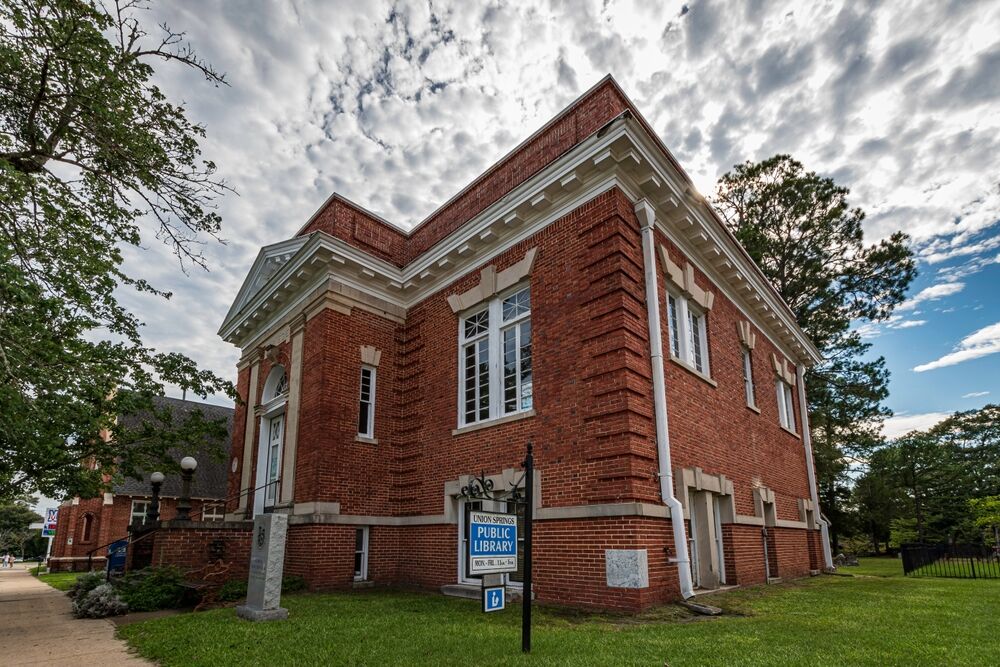Christian nationalists and Republicans nationwide have been banning books they don’t like. If they fail, they try to shut down entire libraries – and small towns make for an easy target.
Washington state legislators are working to make it harder for religious activists to shut down public libraries. Activists have been trying to use a law that hadn’t been updated in decades to shutter a rural library in the state.
Related:
Book banners came for this Colorado town. They didn’t anticipate resistance.
LGBTQ+ titles topped the number of book bans in the past year, but a growing number of grassroots organizations are rewriting the story.
While they’ve been stymied in the courts so far, a group of religious right activists has been trying to exploit a loophole in state law to close the only library in rural Columbia County. The vicious campaign started because the library’s collection included the book “What’s the T?: The Guide to all Things Trans and/or Nonbinary.”
Stay connected to your community
Connect with the issues and events that impact your community at home and beyond by subscribing to our newsletter.
Current law only requires 10% of residents of the unincorporated parts of the county to force a referendum on closing the library. In Columbia County, that would be just 107 signatures. Recalling a politician requires at least 25% of residents to support a petition to get it on the ballot.
Since the library was created as a rural library district, the activists insisted that only county residents living outside of Dayton – where the library is located – could vote in the referendum. About two-thirds of the population of Columbia County lives in Dayton, and the residents pay taxes to fund the library.
A local judge found the effort unconstitutional after Dayton residents challenged the issue in court.
“It doesn’t make sense to have people who live in the county be the only ones who vote on something that so much affects citizens of the city,” Court Commissioner Julie Karl ruled. “We did away with taxation without representation a long time ago.”
Now, state legislators are working fast to update the 1940s law that allowed the measure to get on the ballot easily.
“It will close a loophole that organized groups are using in order to dissolve libraries, to ban books,” Dayton resident Elise Severe explained. Severe led the effort last year to save the library.
The law would change the requirement from 10% of residents to 25% to match the standard for recalling a politician. The measure passed unanimously through the state senate and now goes to the state house, where it is expected to pass.
“If you’re getting rid of an entire library service area, it should at least have the same threshold it takes to put an elected official on the ballot,” Secretary of State Steve Hobbs’ spokesperson, Derrick Nunnally, said. Hobbs oversees the state library.
“We’re just trying to give all the people a voice and not let minority rule,” state Sen. Sam Hunt (D), the legislation’s lead sponsor, told The Seattle Times. “Closing libraries is a stupid idea.”
Don't forget to share:
















